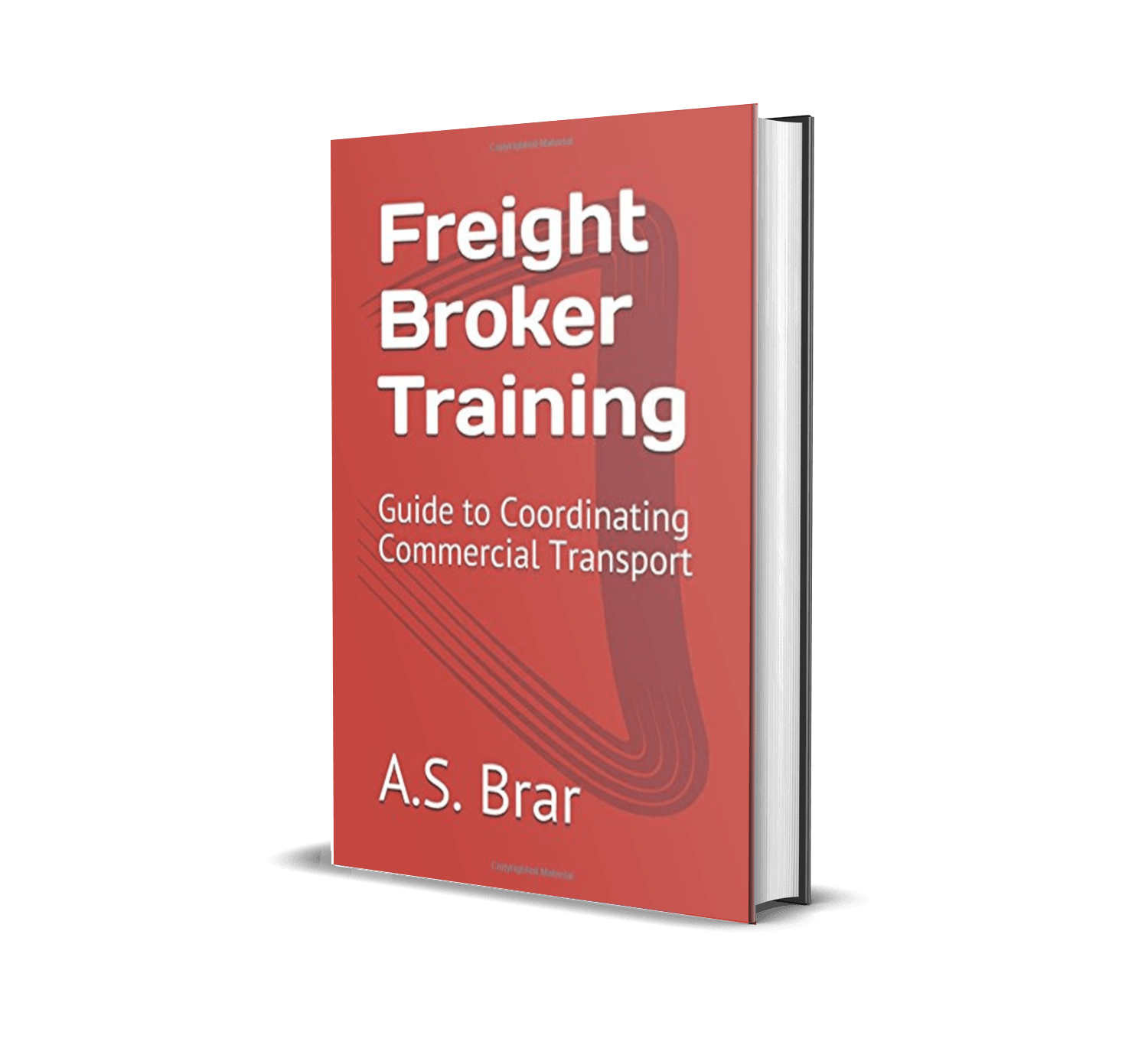With the average age of truck drivers in North America being around 50 years old, it is clear to see that the entrance of a younger group of operators is lacking in the industry. There are many reasons why this can occur. Firstly, the trucking industry bears a lifestyle that may not be of appeal to younger drivers. For example, many semi-trucks are still equipped with manual transmissions which require a significant skill set to operate given most consumer cars have automatic shifting. Other reasons are perhaps due to market regulations such as the ELD mandate and the growing innovation to develop self-driving trucks.
While a truck driver shortage is one reason factoring into truckload carrier capacity issues, there are many other problems that affect the ability for a motor carrier to supply adequate equipment and manpower to haul freight across continental North America.
What it Means for Shippers
While there are a number of shippers who operate their own private fleet of trucks, many shippers work with asset-based logistic companies for the transportation of their goods. The concentration of certain types of trucking companies in particular areas of the U.S. and Canada also plays a role in why some shippers have trouble finding carriers to haul their loads. For instance, in the summer California often experiences a lack of reefer trucks to haul the abundant amounts of produce being hauled throughout the continental United States. Moreover, demands with narrow pickup/delivery appointments can lead to potential delays when shipping. Additionally, many shippers choose to work with larger carriers that have a large equipment fleet so that the extra volume can be leveraged for more competitive rates. The shippers that don’t work with large carriers such as Schneider National, opt for third-party logistics providers also called freight brokers. Where does this leave carriers with capacity issues?
Carrier Capacity
The above-mentioned circumstances are just some of the challenges faced by shippers that result in lost business for many carriers. As a business grows, it is not always economical to invest in expensive new equipment, but leveraging your existing infrastructure and outsourcing to an interline carrier is one way to benefit.
Much will be discussed to increase carrier capacity in order to meet shipper demands. And while disadvantages will be discussed, the focus will be on finding solutions to those disadvantages to curb the capacity shortage.
Interline carriers
Interline carriers are transportation companies that move freight for other, often larger carriers. The party that outsources the loads is an asset-based freight broker. An asset-based freight broker does not need to have all of the required equipment needed to move a load in place. Rather, they usually have much of the infrastructure already, but use the services of another carrier to facilitate the transportation. For example, a warehousing/ distribution centre company may entirely use third-party interline carriers to move cargo. Another scenario can be when an established trucking company with enough trailers but a shortage of bobtails accepts the services of a carrier which can provide just the tractor(s).
Even though more than one company are involved in transporting the freight, the original carrier is the one who sends the freight charges to the customer.
Listed below are the advantages and disadvantages (with solutions) of working with interline carriers.
Advantages
- Insurance claims fall under the liability coverage of the contracted inter-line carrier as long as the damage was caused by them.
- Driver infractions do not affect the asset-based carrier brokering the load given the interline company is operating under its own authority.
- Lower operating expenses including equipment maintenance cost.
- Acquire instant scale without a costly expansion plan that otherwise would take longer to execute.
- Skip the costs associated with trial-and-error execution and utilize a business system that has been proven successful already.
- Gain access to the future investments including any truck equipment that your outsourced provider makes.
Disadvantages:
- Loading, unloading, cross-docking or other similar activities are not considered freight interlining and therefore require a broker authority under the updated FMSCA legislation. Solution: Obtain broker authority or freight should be transported by the original carrier at one point in the logistical chain. See: Can a motor carrier broker freight for further information.
- Branding of truck or trailer. Solution: Consider having interline carrier haul loads during the night when traffic and visibility of brand signs and logos are already on the lower end of the scale.
Can a motor carrier broker freight?
United States
A motor carrier can “broker” freight in the United States without a broker authority in certain circumstances. Freight interlining is permitted as long as the original carrier physically transports the load at one point in time. However, the issue arises from a liability standpoint. While many carriers once accomplished the brokering of freight without a broker authority, this practice has now been prohibited by Map 21. The Carmack Amendment holds motor carriers liable for freight claims so in instances where a clear corporate distinction is not made between the operation of a carrier and broker, then liability issues can arise. A recommended solution, in addition to establishing a strong corporate structure by creating separate legal brokerage and carrier entities, is to have a contract in place that defines the original carrier’s role as either a broker or carrier at different points in the transportation processes. For more information, we suggest you refer to the following links and contact a legal professional to find an answer best suited to your situation.
http://www.smithmoorelaw.com/TNLBrokerCarrier
http://www.hni.com/blog/bid/84213/faqs-about-the-carmack-amendment
Canada
The provinces of British Columbia, Alberta, Saskatchewan, Manitoba, Nova Scotia, New Brunswick, Prince Edward Island, and Newfoundland do not regulate freight brokerage. The territories of Yukon, Nunavut, and the Northwest territories also do not regulate freight brokerage.
For more information read freight broker Canada regulations.
Conclusion
The usage of interline carriers can be an effective method to curb both less-than-truckload and full-truck load carrier capacity shortages.



